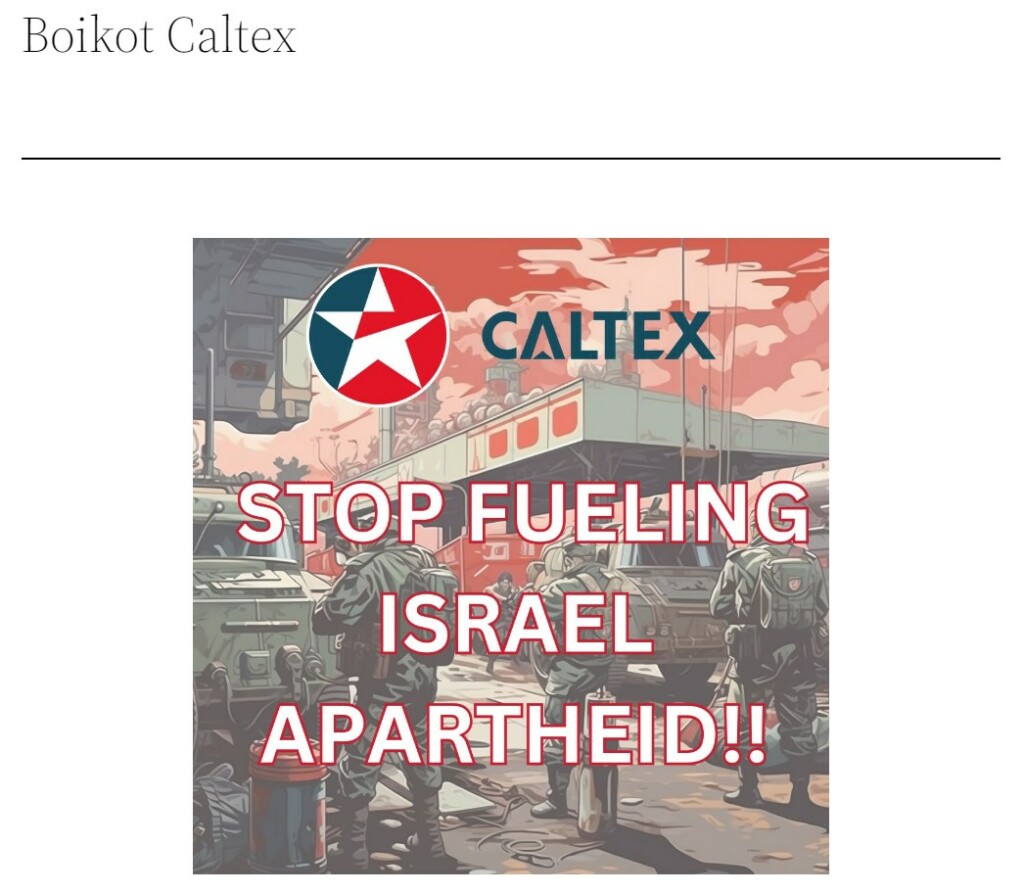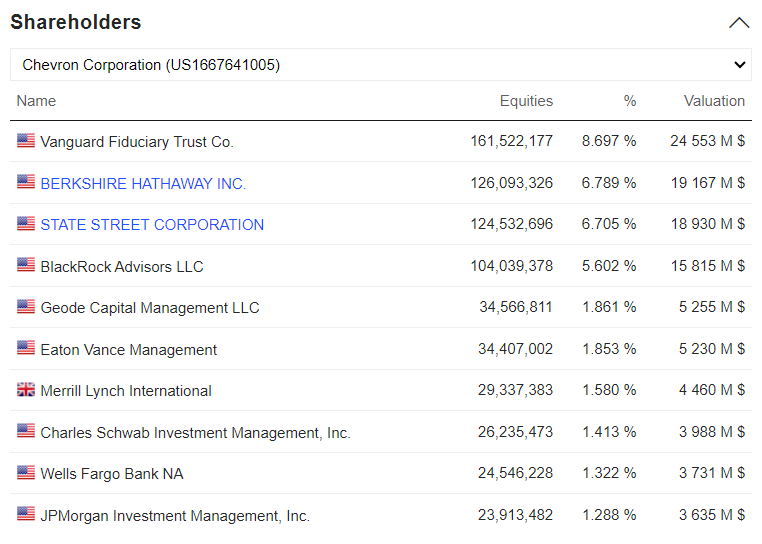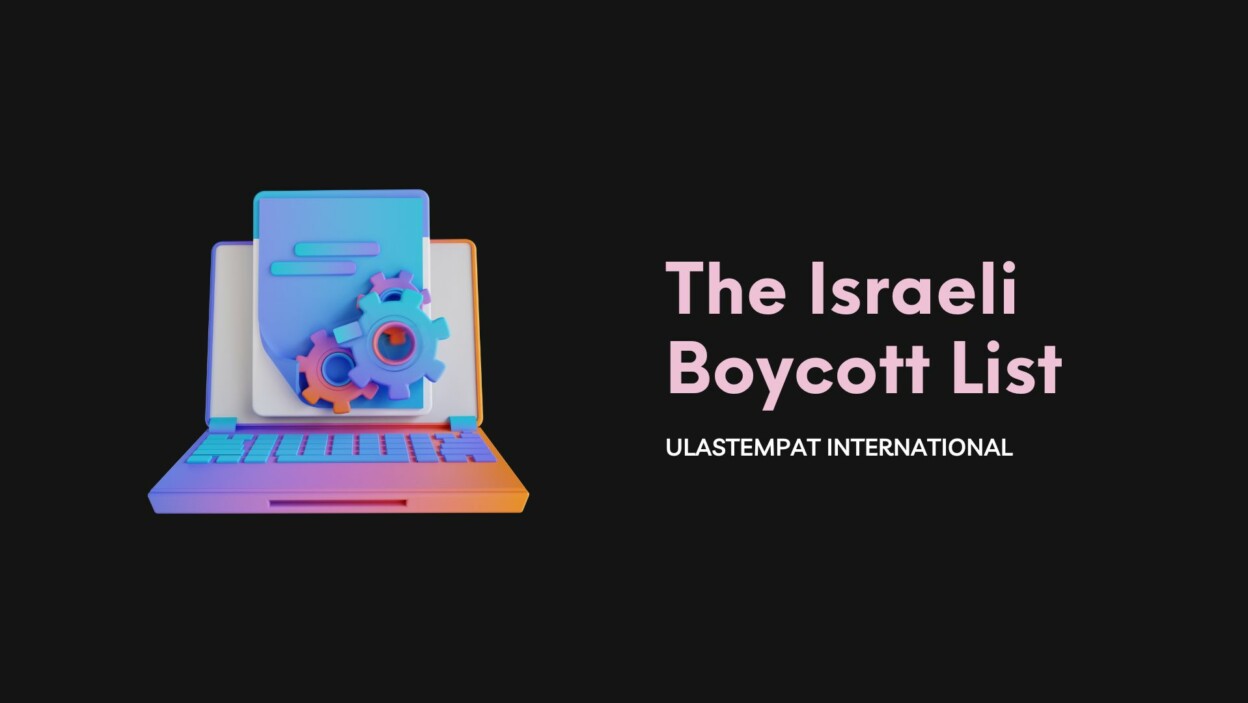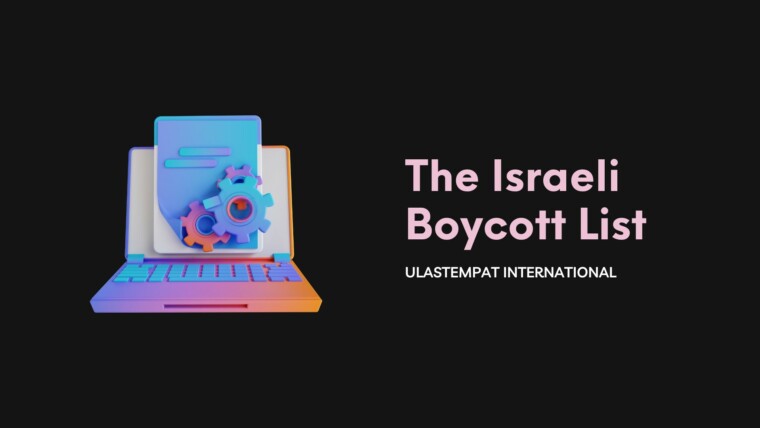In the ever-complex world of geopolitics and corporate entanglements, few stories stir as much controversy as those involving support for systems of oppression. Among such contentious narratives, the link between multinational corporations and Israel’s policies toward Palestine remains a subject of heated debate.
A focal point of this controversy is the involvement of Chevron—and by extension, its subsidiaries Caltex and Texaco—in supporting Israeli endeavors that are increasingly being scrutinized for their moral and legal implications.

Check Out: Red Rooster Stand on Israel-Palestine
Chevron’s Complicity in Strengthening Israel’s Apartheid Regime
It is no secret that Chevron, a US fossil fuel titan, stands as the principal entity extracting gas in the Eastern Mediterranean territories claimed by what many call apartheid Israel. Through this engagement, Chevron does not merely participate in the global energy market; it actively contributes to the financial fortification of Israel’s military and apartheid system.
The billions in revenue Chevron generates aid Israel not only in perpetuating the illegal occupation and blockade of Gaza but also in enforcing a system of settler colonialism, significantly exacerbating the ongoing climate crisis.
By acquiring Noble Energy in 2020, Chevron not only positioned itself as a key international player in this fraught geopolitical arena but also embroiled itself in practices that deprive the Palestinian people of their sovereign rights over natural resources.
This complicity extends to Israel’s pillaging of Palestinian gas reserves, constituting war crimes under international law, and enforcing an illegal sea blockade that decimates the livelihoods of countless Palestinian fishing families. Thus, Chevron, with its globally recognized retail brands including Caltex, aligns itself with the perpetuation of these atrocities, sparking outrage and calls for boycotts worldwide.
Global Outcry and the Demand for Boycott
The Palestinian BDS National Committee (BNC), alongside allies in the climate justice movement, have vocalized a resounding denunciation of Chevron’s (including Caltex) actions. They assert that Chevron’s relentless extraction of fossil gas not only fuels the environmental crisis but significantly bolsters the Israeli apartheid state’s regime.
The demand for holding Chevron accountable transcends borders, urging global citizens and Indigenous communities to reject Chevron’s environmental degradation and its blatant disregard for human rights.
Moreover, Chevron’s actions, viewed through the prism of the broader climate crisis, stand in stark opposition to the urgent need for reducing greenhouse emissions. The company’s investment in fossil gas—a major contributor to climate change due to methane emissions—further illuminates the egregious nature of its pursuit of profit over planet and people.
This insistence on prioritizing Israeli gas deliveries, even amidst war, underlines a disturbing willingness to bolster an apartheid regime’s economic resilience at the expense of Palestinian rights and global climate goals.
Read More: Barbell Foods Position on the Israeli-Palestine Conflicts

The evidence is overwhelmingly clear: Chevron, with its subsidiaries Caltex and Texaco, plays a pivotal role in supporting Israel’s regime of apartheid, settler colonialism, and occupation.
By financing Israel’s gas extraction licenses and prioritizing its deliveries, Chevron not only deprives Palestinians of their rightful sovereignty over their natural resources but also significantly contributes to the ecological crisis that threatens our collective future.
In the face of these realities, it is incumbent upon us to question the moral fiber of our global economic system and the corporations that sustain it. Chevron’s involvement in these affairs is a glaring testament to the ways in which multinational corporations can exacerbate conflicts and environmental degradation.
As consumers, citizens, and stewards of the earth, we must hold these entities accountable and strive for a world where economic pursuits do not come at the cost of human rights and ecological sustainability. The case of Caltex and its parent company Chevron serves as a stark reminder of the dire consequences when we fail to do so.



Boycott List: Fashion Companies Supporting Israel You Should Be Aware Of
Companies That Support Israel: A List to Avoid
Does Red Bull Support Israel? Decoding the Unraveled Connection
Fast Food Chains Aligned with Israel Support
Does These Firearms Support Israel? Exploring the Unraveled Connection
Does These Tech Brands Support Israel? Decoding the Unraveled Connection
Does These Filmography Support Israel? Understanding the Intricate Ties
Does These Online Business Support Israel? Exploring the Unraveled Connection